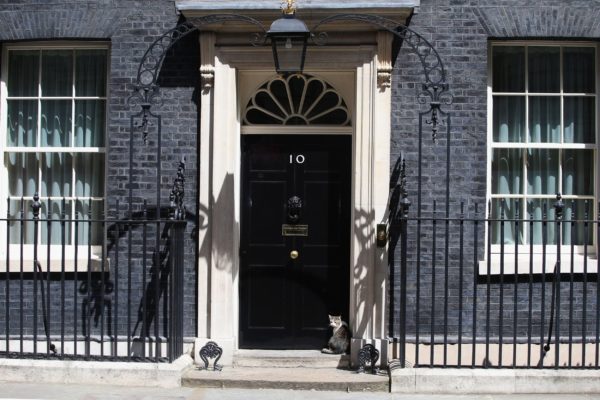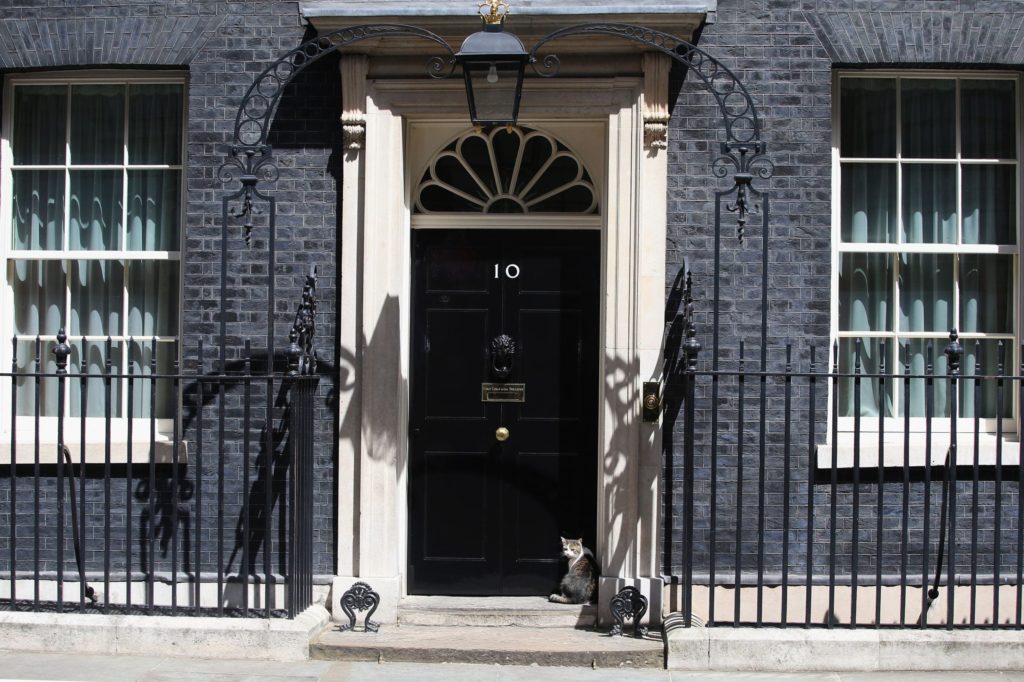
Jack Taylor/Getty Images
“We don’t know.” As the coronavirus crisis escalates we have heard that uncharacteristic admission a remarkable number of times from acknowledged experts in a variety of relevant disciplines and even from normally assertive politicians. While it is chilling to discover that this novel virus is such an unknown quantity as to perplex researchers and health authorities, there is a measure of reassurance in the honesty with which they have admitted the need to increase their knowledge and the resolution implicit in the fuller version of this consensus: “We don’t know yet.”
There could not have been a more challenging topic for our first leader here on Reaction than the coronavirus crisis. We believe it is time to offer our readers a distillation of our thinking on key issues, taking a view for them to endorse or reject as they see fit, thereby stimulating debate. A leading article is by its nature prescriptive and, while reviewing the pros and cons of any argument, traditionally tries to take a distinctive line and set an agenda. We hope to do exactly that, on a rich variety of issues – markets, public policy, international relations, defence, culture and the arts – in the coming months and years. But the coronavirus does not lend itself either to punditry or agenda setting: any intelligent discourse regarding it is largely speculative.
The key question in Britain now is whether the government is implementing the most effective measures possible to mitigate the worst consequences of the epidemic, both in terms of public health and the economy. Boris Johnson, after an initial period of Macavity-style absence from the radar, seems to have rediscovered the leadership qualities he exhibited as London mayor. His style is measured, sombre (e.g. his statement that “many more families are going to lose loved ones before their time”) and forthright in saying “this is the worst public health crisis for a generation”.
Are the government’s measures an adequate response to that crisis? Cancelling sports fixtures is uncontroversial, even to sports fans, especially when some players are already testing positive for the virus. Encouraging social distancing and self-isolation by people with symptoms is common sense. Cancelling the local elections was also inevitable, considering the amount of public interface such events demand (cynics might say it was unlikely a Conservative government would relish fighting elections from which most voters aged 70 and over would abstain).
Yet, compared to many other countries, the UK’s response is minimalist. That is deliberate, ministers claim. It is a carefully calibrated battle plan in which timing is of the essence, to “squash the sombrero”, etc. But when other countries are closing their borders and schools, or imposing lockdown, it is understandable that dissenting voices, many in the medical profession and more vehement than Jeremy Hunt, are being raised. Some critics have detected a note of fatalism in government statements, most controversially in the so-called “herd immunity” theory and predictions of a 60-80 per cent infection rate, accompanied by a massive death toll. Some claim “herd immunity” is a euphemism for doing nothing. Only time will show whether Boris is Churchill or the Pied Piper.
The government’s economic response has been more robust. The budget delivered this week went some way to shore up small businesses and generally cushion economic activity, so far as possible.
In the crisis that lies ahead, governments here and elsewhere will, no doubt, seek to accrue more power to fight the effects of an emergency that is likely to endure for years as we worry more about this pandemic and future outbreaks. As in a war, some of the expansion of state power will be justified as ministers seek to assemble coordinated scientific clout. There is a danger, though, of governments taking far too many liberties under the cover of an ongoing emergency. There is a balance needed. A robust free press and alert politicians, outside and inside government, will have to police the line between freedom and security very carefully.
But if the health aspects of the epidemic are largely unknown, the economic impact is clear: this is going to be carnage. Comparisons with 2008 are already inadequate; we are heading for global recession. There is no possible scenario in which the world’s economy can withstand this disaster. The eventual outcomes, for both health and living standards, are unpredictable. We simply don’t know.










